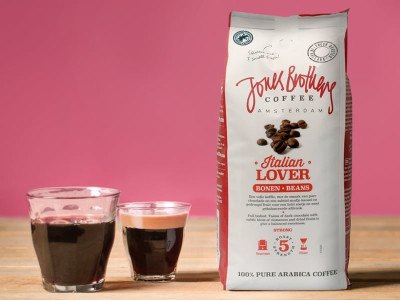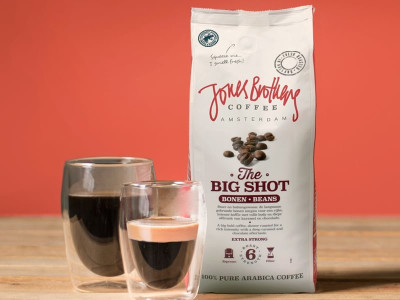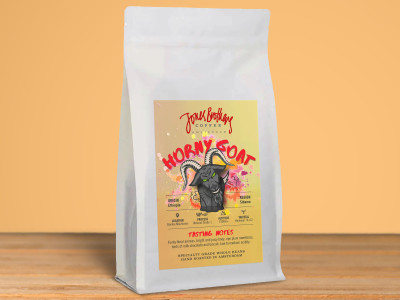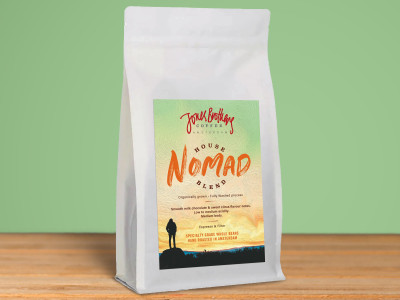From beans to machines, we can help with all your coffee needs.
Join a coffee plan
Sign up to a regluar delivery of coffee capsules, straight through your letterbox.
Start here →Beans
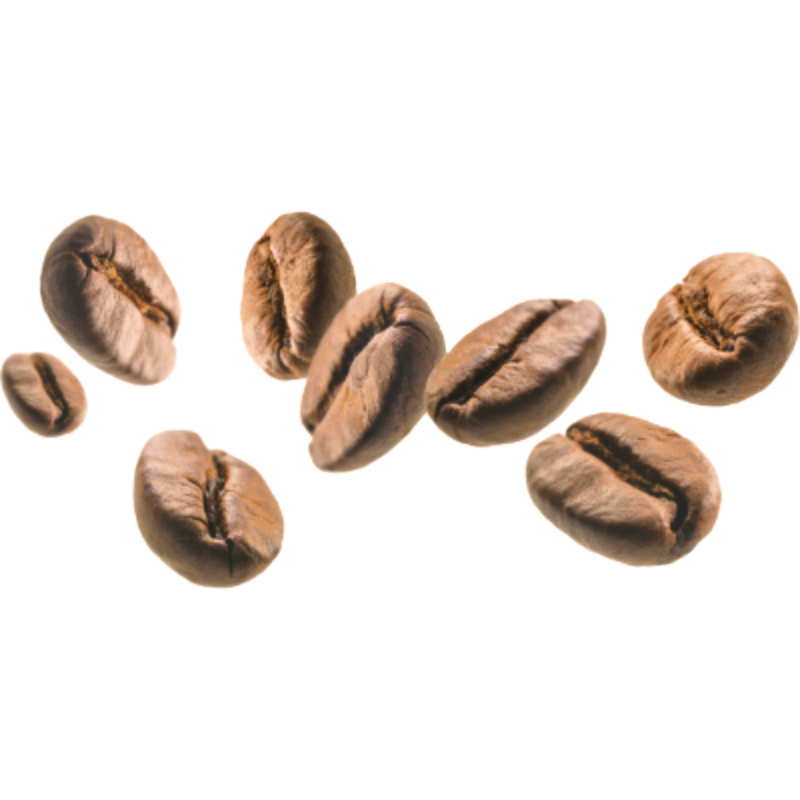
Beans
Whole coffee beans, sustainably sourced, 100% Arabica.
M*lks
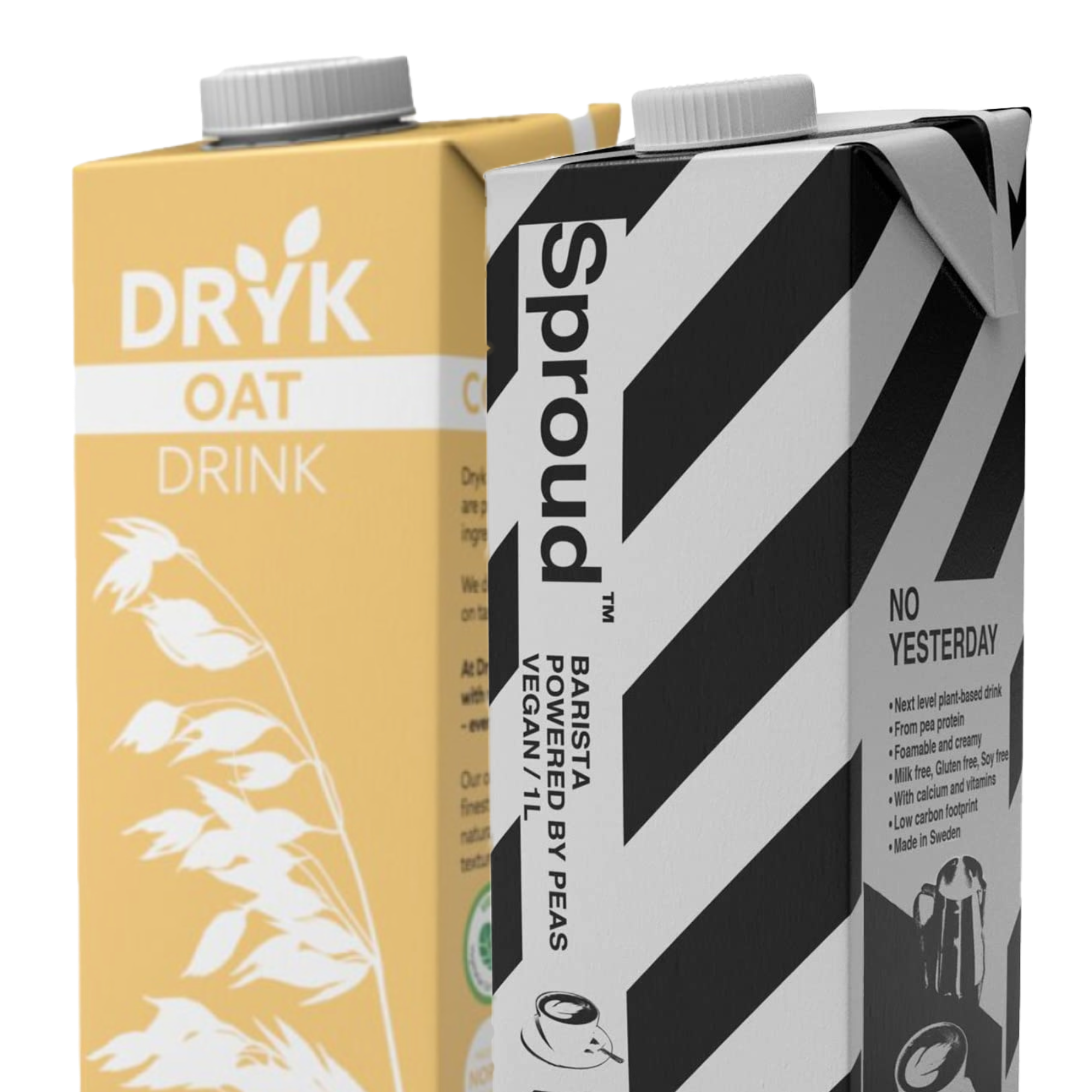
M*lks
Plant-based milk alternatives to compliment your coffee.
Gear

Gear
Great accessories to improve your coffee experience.
Moccamaster
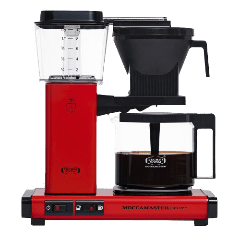
Moccamaster
Expert coffee machine for your home.
In an ideal world we would purchase coffee from trustworthy sources to guarantee quality, but also to be sure that the farmers who grow and pick our coffees make enough money for a decent life. Allowing them for example, to send their kids to school.
At the 1992 Earth Summit in Rio, Humanity started to realize the impact of mass consumption on the environment. Since then, the agri-food industry has generated a lot of labels and certifications to reassure consumers of production standards. All focussed on increasing fairer trade or accelerating sustainable developments. Almost 40 years later, there are a huge array of labels in use.
Learn more about how Jones Brothers Coffee sources its coffees, here:
Our sustainability agenda
At Jones Brothers Coffee we have chosen Direct Trade, Organic certified (we are a SKAL certified company) & Rainforest Alliance coffees to work with.
Jones Brothers Coffee is also a long standing member of the Specialty Coffee Association (SCA). The SCA is a nonprofit, membership-based organization that represents thousands of coffee professionals, from producers to baristas all over the world. Built on foundations of openness, inclusivity, and the power of shared knowledge, we foster a global coffee community and support activity to make specialty coffee a thriving, equitable, and sustainable activity for the entire value chain.
– Direct Trade –
What does Direct Trade mean?
Direct Trade is used almost exclusively for Specialty coffees, this is how we source our “Specialty coffee” ranges.
Mainly used by small coffee roasters like us, Direct Trade is a real relationship between the producer and the buyer. It also involves usually a green bean export or transport company. This type of relationship establishes a real ethic in doing business that is mutually beneficial, where there is more transparency and respect between the parties.
Direct Trade eliminates some of the limits of Fairtrade by: - Paying a higher price to farmers – usually many times higher than the prevailing market price. - Linking these premiums to specific standards of quality. - Generating additional trust and transparency in the supply chain through personal relationships (price negotiation / information exchange). - Eliminating the costs of being a member of a Fairtrade company.
There is a direct connection without too many intermediaries, which means that the value created is shared more equally between the two parties. In direct trading both parties depend on each other. Moreover, it allows an increase in quality, links business success to social progress, encourages education and training to create wealth in a sustainable, long-term, independent way and by their own means. Importantly, this is not charity!
– Rainforest Alliance –
We are using Rainforest Alliance certified coffees for our Premium coffees because it is part of a sustainable vision, without being exorbitant for small producers. Rainforest Alliance uses two ways of acting: adaptation and mitigation (to reduce the negative impact). There is no artificial price manipulation; a fair price is defined, with as few intermediaries as possible. Most importantly, Rainforest Alliance allows for an improvement in operating techniques with training programs for farmers; a desire to increase working conditions and environmental preservation. Through these programs, Rainforest Alliance encourages an increase in the quantity of materials produced, which allows a better profitability.
What does Rainforest Alliance do for coffee farmers production processes:
- Producers are trained to better manage their production and reduce their environmental impact.
- Set up irrigation and water treatment systems in order to reduce and recycle water consumption. Waste water can also be transformed into renewable energy, used by families for their stoves or agricultural machinery.
- Adapt to climate change to reduce impact on environment.
- Use compost for better soil fertilization, or biogas-digesters. For example, in Honduras, water has a reduce contamination level by 81.6% thanks to this method.
- Plant shade or windbreak trees in heavy rain, such as banana or avocado trees. This permaculture system brings diversity to the crops and also allows farmers to obtain income from other production.
- Keep records of rainfall.
- Help in the organization of better exchanges between farms.
The coffee chain needs transparency
“Organic”, “Fair Trade”, “Ecocert”, “Rainforest Alliance”… There are so many labels displayed on coffees that sometimes it can be difficult to understand what we are really buying. What do they really mean? How do they impact farmers lives in coffee producing countries? And how do they impact on coffee prices?
These are some of the questions we have addressed below and explaining also our own commitments to help make the coffee chain more sustainable for coffee farmers and ensure the best available quality for our coffee drinkers.
First of all, let’s explain a basic distinction: Fairtrade and sustainable development. Farmers who pay for Fair Trade certification are guaranteed a minimum price for their coffee – which can never fall below the prevailing market price – and an extra premium to invest in their communities.
In sustainable development, there is also a goal linked to better quality. All the benefits of a better price are re-invested in education, training and tools to increase higher product quality so the entire chain from beans to cup can use less intermediaries and in theory guarantee more of the income comes back to the farmer.
Understanding some labels:
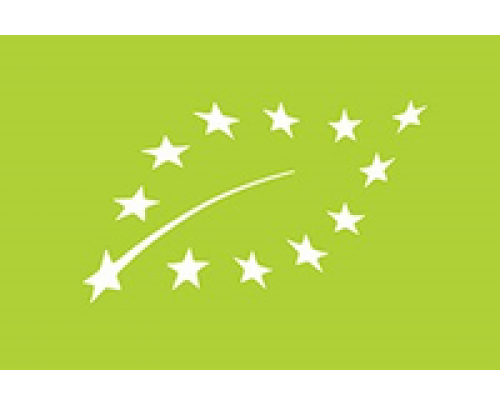
- Organic -
Coffee farmers that are Organic certified must use an agriculture system that produces food that supports biodiversity and enhances soil health by using only approved substances and organic farming methods. If coffee is labelled Organic, at least 95 percent of the beans have been grown under organic conditions.
Coffee farmers that are Organic certified must use an agriculture system that produces food that supports biodiversity and enhances soil health by using only approved substances and organic farming methods. If coffee is labelled Organic, at least 95 percent of the beans have been grown under organic conditions.
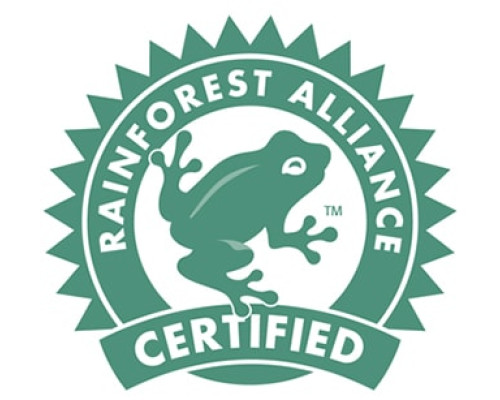
– Rainforest Alliance –
An NGO founded in 1986, it launched its first sustainable forestry programme in 1989. Led to the creation of the first label managed jointly by the Sustainable Agriculture Network (SAN) and the Rainforest Alliance. 39 certified raw materials (coffee/cocoa/tea/banana/rooibos…). Certification awarded for 3 years. Physical and documentary traceability. Present in 101 countries, 77 million hectares certified. Member of the ISEAL Alliance, the global membership association for credible sustainability standards.
An NGO founded in 1986, it launched its first sustainable forestry programme in 1989. Led to the creation of the first label managed jointly by the Sustainable Agriculture Network (SAN) and the Rainforest Alliance. 39 certified raw materials (coffee/cocoa/tea/banana/rooibos…). Certification awarded for 3 years. Physical and documentary traceability. Present in 101 countries, 77 million hectares certified. Member of the ISEAL Alliance, the global membership association for credible sustainability standards.
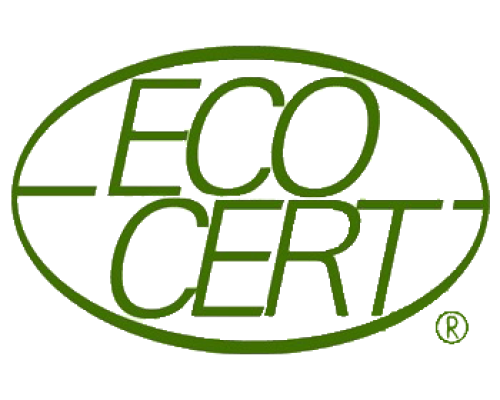
– Ecocert –
Began in 1991, in France. Control and certification body specialising in the certification of products from organic farming. Joined “Bio Partenaire” in 2009. In 2009, the Bio Partenaire reference framework dedicated to fair trade and the ESR reference labels (Controlled Responsible/Fairtrade or Solidarity by Ecocert). Operates in 90 countries.
Began in 1991, in France. Control and certification body specialising in the certification of products from organic farming. Joined “Bio Partenaire” in 2009. In 2009, the Bio Partenaire reference framework dedicated to fair trade and the ESR reference labels (Controlled Responsible/Fairtrade or Solidarity by Ecocert). Operates in 90 countries.
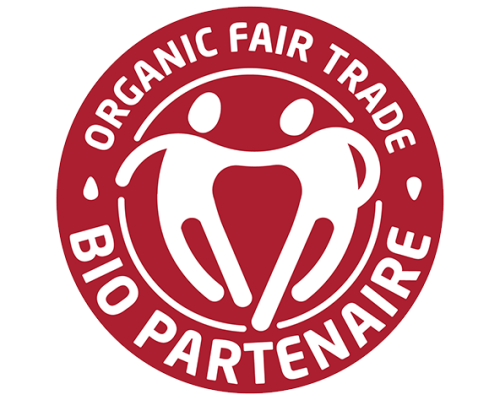
– Bio Partenaire –
Is first of all composed of Bio Equitable which started in 2000, and which is a French company. Grouping 20,000 producers into 18 organizations. And also composed of Bio Solidaire created in 2007, which is the first fair trade label for North-North trade relations (USA/EU). It brings together 300 producers in 17 organizations. Bio Partenaire is an association created in 2002, bringing together SMEs in the organic and fair trade sectors, 26 companies and 65 producer organisations. It is focussed on combining notions of fair trade , contractualization , dialogue and corporate social and environmental responsibility.
Is first of all composed of Bio Equitable which started in 2000, and which is a French company. Grouping 20,000 producers into 18 organizations. And also composed of Bio Solidaire created in 2007, which is the first fair trade label for North-North trade relations (USA/EU). It brings together 300 producers in 17 organizations. Bio Partenaire is an association created in 2002, bringing together SMEs in the organic and fair trade sectors, 26 companies and 65 producer organisations. It is focussed on combining notions of fair trade , contractualization , dialogue and corporate social and environmental responsibility.
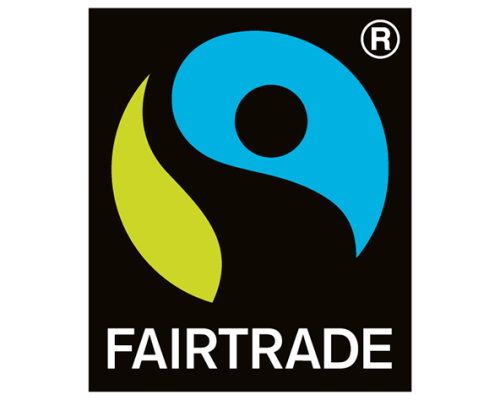
– Fair Trade Max Havelaar –
Began in 1988. The first fair trade label, created by a Dutch development agency, Solidaridad. Probably, the most famous sustainable label in the world. Since 2005, not only cooperatives can benefit from the label, but also individual producers. Responsible consumption label. Since 2010, 50% of producers have been involved in the governance of representative and decision-making bodies.
Began in 1988. The first fair trade label, created by a Dutch development agency, Solidaridad. Probably, the most famous sustainable label in the world. Since 2005, not only cooperatives can benefit from the label, but also individual producers. Responsible consumption label. Since 2010, 50% of producers have been involved in the governance of representative and decision-making bodies.
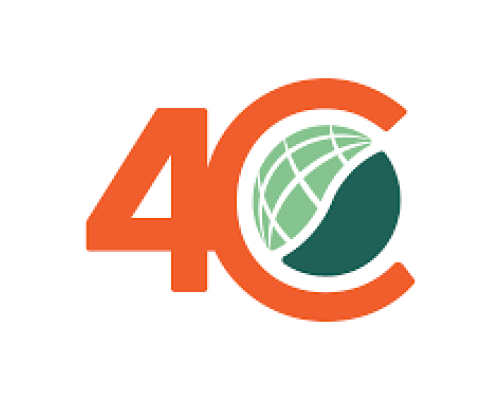
– 4C Association –
Common Code for the Coffee Community, effective 2006. From 2004-2006 it established a definition of rules for producers, traders and industrialists. 290 members (producers/traders/industrials/civil society representatives-NGO unions). Documentary and physical traceability required. Certified raw material is green coffee beans. Member of the ISEAL Alliance, the global membership association for credible sustainability standards.
Common Code for the Coffee Community, effective 2006. From 2004-2006 it established a definition of rules for producers, traders and industrialists. 290 members (producers/traders/industrials/civil society representatives-NGO unions). Documentary and physical traceability required. Certified raw material is green coffee beans. Member of the ISEAL Alliance, the global membership association for credible sustainability standards.
Discover our range of products, they are all sustainable!
Sign up to our newsletter to be informed of our latest news, products and promotions.
Shopping cart
×Shipping
Total
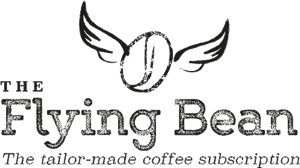
Make it a subscription. You can choose to make it a subscription in the next step.
